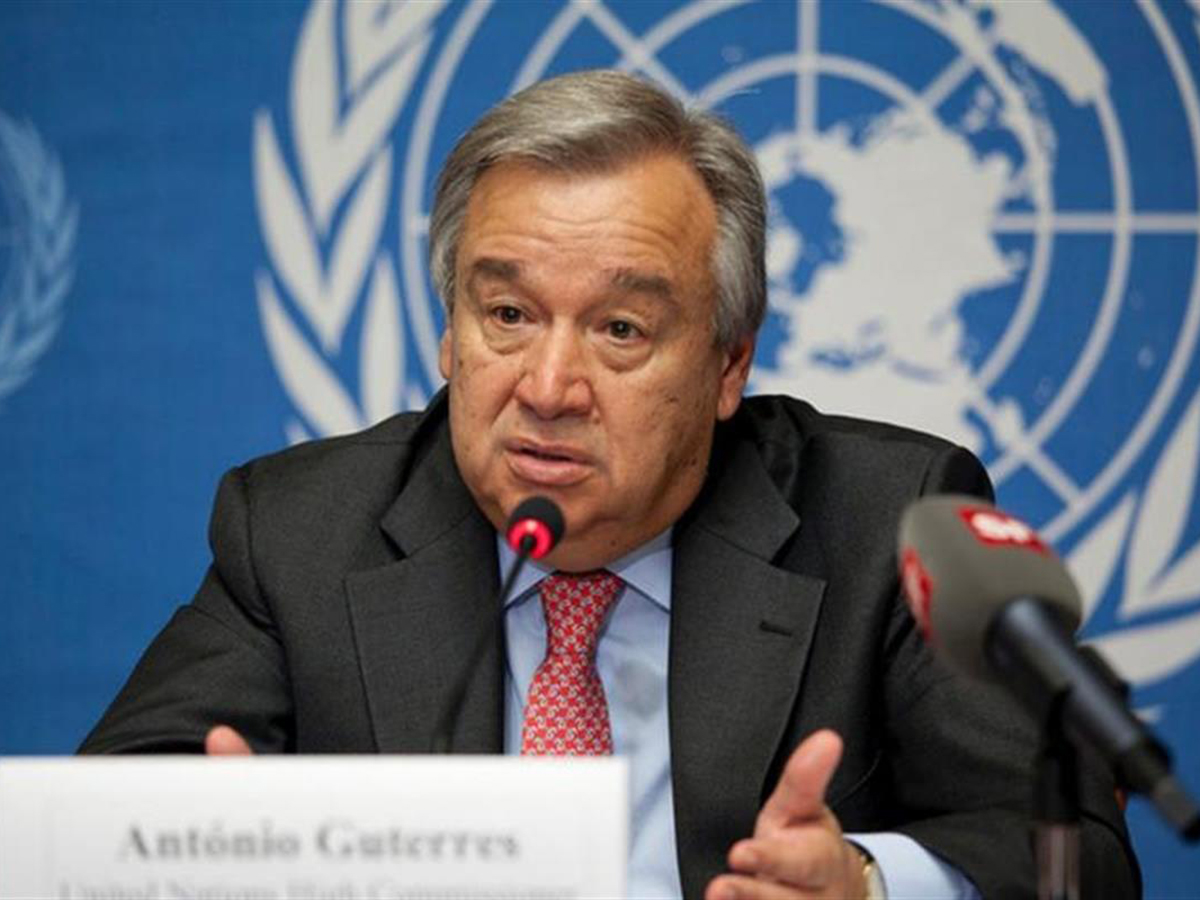Technology
The best check on cocaine trafficking
The global use of cocaine has hit record levels, with much of it produced in South America and smuggled abroad by Albanian crime networks. Yet in addition, the world has recently seen two very different approaches to curbing this drug flow as well as the corruption that drives it.
This year, President Donald Trump unleashed the United States military to kill alleged drug traffickers on small boats in the Caribbean, offering no evidence of a crime. The new tactic has partially shifted U.S. policy away from criminal prosecution and safe interdiction to one of warfare with no due process. It relies on a questionable legal rationale that drug smugglers are terrorists who pose an immediate threat.
The other approach relies less on force and more on rule of law and the integrity of law enforcement – in a country long viewed as one of the world’s most corrupt, Albania.
This small nation on the Adriatic Sea, eager to join the European Union, has not only made dramatic strides to fight corruption among its top officials, but also has busted international drug-trafficking rings.
A good example is raids in June and August by a specialized anti-corruption unit, known as SPAK (Special Structure Against Corruption and Organized Crime), that arrested members of a cocaine and money-laundering network. One raid seized 17 tons of cocaine. The network, stated SPAK prosecutors Altin Dumani and Vladimir Mara, is “one of the most powerful Albanian organizations in the international cocaine trafficking.”
Set up in 2019, SPAK has prosecuted dozens of officials and politicians for corruption and put more than a thousand other Albanians on trial. Its approach on drug policy is centered on legal rights and evidence. Most of all, according to Mr. Dumani, SPAK’s work is fulfilling the wishes of Albanians to overthrow “a mindset that tolerates corruption.”
“It is not our aim and mission to condemn anyone,” he said. Rather, SPAK is showing that “organized crime can be brought before responsibility, that today there cannot be high public officials immune from justice, that the law works, and that young people can strongly hope for a state of law.”
“More than anyone, we owe it to future generations and we hope that our efforts today serve to provide them with a society where accountability, integrity, honesty are the foundation of Albanian institutions.”
This approach, based on enduring qualities that are universal, is also the right foundation for ending the global flow of narcotics like cocaine.
The global use of cocaine has hit record levels, with much of it produced in South America and smuggled abroad by Albanian crime networks. Yet in addition, the world has recently seen two very different approaches to curbing this drug flow as well as the corruption that drives it.
This year, President Donald Trump unleashed the United States military to kill alleged drug traffickers on small boats in the Caribbean, offering no evidence of a crime. The new tactic has partially shifted U.S. policy away from criminal prosecution and safe interdiction to one of warfare with no due process. It relies on a questionable legal rationale that drug smugglers are terrorists who pose an immediate threat.
The other approach relies less on force and more on rule of law and the integrity of law enforcement – in a country long viewed as one of the world’s most corrupt, Albania.
This small nation on the Adriatic Sea, eager to join the European Union, has not only made dramatic strides to fight corruption among its top officials, but also has busted international drug-trafficking rings.
A good example is raids in June and August by a specialized anti-corruption unit, known as SPAK (Special Structure Against Corruption and Organized Crime), that arrested members of a cocaine and money-laundering network. One raid seized 17 tons of cocaine. The network, stated SPAK prosecutors Altin Dumani and Vladimir Mara, is “one of the most powerful Albanian organizations in the international cocaine trafficking.”
Set up in 2019, SPAK has prosecuted dozens of officials and politicians for corruption and put more than a thousand other Albanians on trial. Its approach on drug policy is centered on legal rights and evidence. Most of all, according to Mr. Dumani, SPAK’s work is fulfilling the wishes of Albanians to overthrow “a mindset that tolerates corruption.”
“It is not our aim and mission to condemn anyone,” he said. Rather, SPAK is showing that “organized crime can be brought before responsibility, that today there cannot be high public officials immune from justice, that the law works, and that young people can strongly hope for a state of law.”
“More than anyone, we owe it to future generations and we hope that our efforts today serve to provide them with a society where accountability, integrity, honesty are the foundation of Albanian institutions.”
This approach, based on enduring qualities that are universal, is also the right foundation for ending the global flow of narcotics like cocaine.




